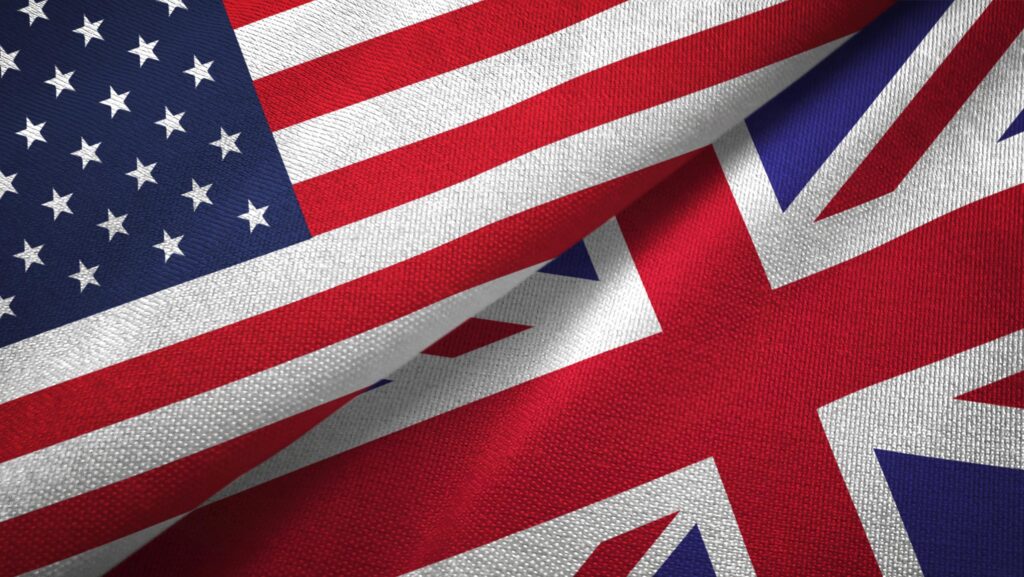Defra secretary Steve Reed backs US trade deal
 © Adobe Stock
© Adobe Stock Defra secretary Steve Reed has thrown his support behind the possibility of a trade deal between the UK and US, despite concerns from British farmers about cheaper American imports undercutting British produce.
Speaking to The Telegraph, Mr Reed stressed that a “fair” trade deal with the US would be beneficial to the UK economy, but he maintained that Labour’s approach would protect domestic farming interests.
The minister expressed confidence in the need for the UK to remain an “outward-facing trading nation”, underlining the Labour government’s commitment to securing fair trade agreements.
See also: US beef and pork exporters target UK market
But he added: “We will not follow the Tory practice of undercutting British farmers in those trade deals.”
His comments came amid concerns from farming groups that a US trade agreement could lead to the importation of lower-quality goods, particularly meat products like chlorine-washed chicken and hormone-treated beef.
However, Labour’s election manifesto pledges to safeguard the UK’s high food and animal welfare standards in any future trade agreements, including with the US.
A Defra spokesperson echoed Mr Reed’s sentiments, saying:
“This government will always protect farmers from being undercut by low welfare and low standards in trade deals, including opposing imports of chlorine-washed chicken and hormone-treated beef.”
Business secretary James Reynolds previously stated that there is no desire among UK consumers to lower food and agriculture standards.
He said previous US trade negotiations had faltered over these issues, suggesting that any future agreement would need to respect Britain’s food safety and welfare standards.
Expert economist reaction
Independent agricultural economist Sean Rickard told Farmers Weekly that the prime minister is in a tough spot after ruling out rejoining the EU single market.
He believes Sir Keir Starmer is exploring a trade deal with the US, but warns that such a deal would be likely to see the US demand access to UK food markets, with agriculture as the “sacrificial lamb”.
Dr Rickard added that the UK is in a weak position, unable to grow the economy and had rejected the best trade deal – rejoining the single market.
While the government’s “New Deal for Farmers” aims to boost profitability and prioritise British produce, he argues it falls short.
Dr Rickard said a real commitment to supporting British farmers would involve a food production strategy leveraging agri-tech to strengthen trade negotiations.
“We have had Henry Dimbleby’s national food strategy and there is a lot of policy aimed towards growing trees, which is all well and good,” he added.
But he asked: “Where is the food production strategy that would utilise this modern technology to put agriculture in a stronger place?”
